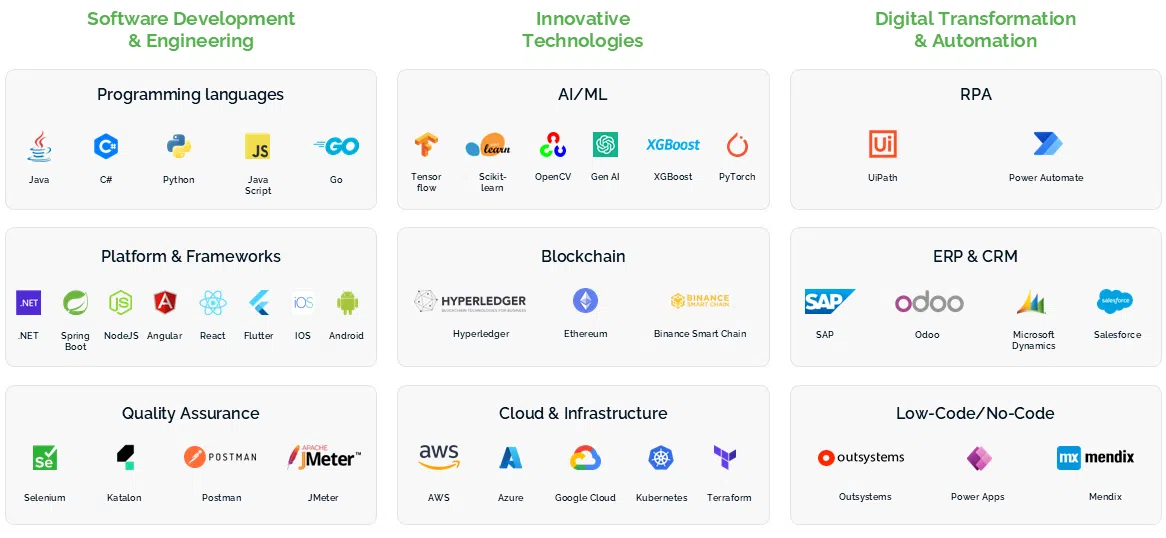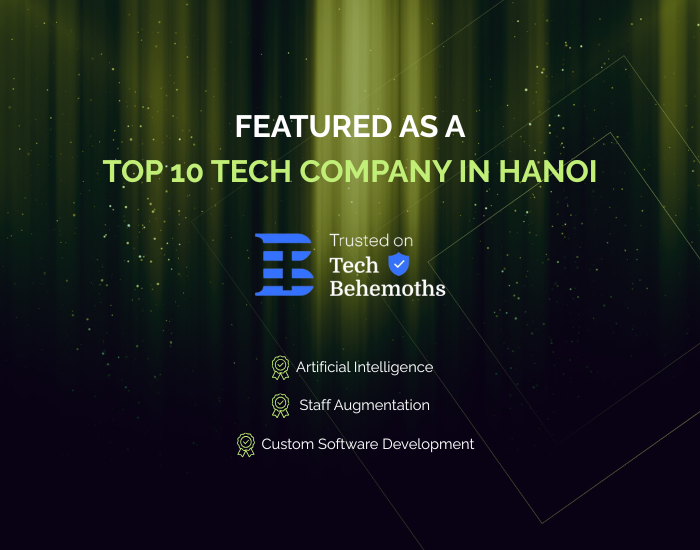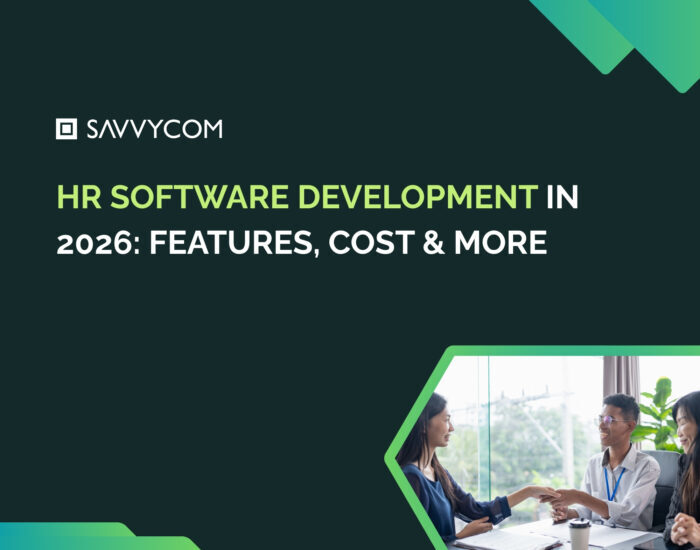Our cloud development engineers collaborate with you to enhance delivery, deployment, development, security, and support for any high-load, fail-safe system using microservices architecture, ensuring your business strategy is always backed by top-notch software.
Cloud Development Services
Trusted by hundreds of businesses



Why You Should Choose Savvycom’s Cloud Development Services
As a leading IT Outsourcing Company in Vietnam focused on engineering excellence, we have a keen understanding of the specific needs of clients across different industries.
Reduce Total Cost Of Ownership
Improve App Reliability
Team Collaboration
Scalability
Versatile & Fast
Looking For A Reputable Cloud Development Services?
This is a great time to work efficiently and innovate while our team can become your reliable tech partner.
Savvycom Cloud Development Services Processes
Our DevOps services are seamlessly integrated into the development lifecycle, increasing software engineers’, QA engineers, and system administration specialists’ productivity and efficiency. The methodology of the provided DevOps solutions is based on the support and maximum optimization of development processes.
DevOps as our Cloud Development Services aims to automate repetitive, routine, but critical activities and synchronize development and test environments to align all stakeholders in the software development process. The service ensures that your digital business remains stable, secure, and scalable.
Looking For A Cloud Development Services To Leverage Tech Expertise And Save IT Costs?
Pioneering Technologies
Leveraging cutting-edge Software Development Methodologies and IT Outsourcing Models for Cloud Development Services, we are equipped to architect and scale exceptional solutions from the ground up for our strategic partners and clients.

Frequently Asked Questions about Cloud Development Services
Like any other software development, Web development services begin with a business study and the production of a functional specification. Furthermore, the site design is built based on the required characteristics, and tech implementation is followed by cybersecurity, testing, and maintenance considerations.
Web development services imply the production of intranet or internet-based web-based services. Web programming, web design, web publishing, database administration, cloud systems, web server components, toolsets, and frameworks are all part of the process. A typical web development team includes a business analyst, UX/UI designer, and front-end and back-end programmers. All of them are overseen by a project manager.
The benefits of updating your website’s design, code, and SEO are huge. Regularly updated quality content can bring you to the top of organic search rankings.
A modern look shows your customers you’re keeping up with the times. Using the latest technology keeps your website safe and earns trust among users and search engines alike.
So how often should you redesign your website? Experts say that 2 to 3 years is the maximum lifetime for a website design-wise. Longer than that, and it faces the danger of falling into oblivion. Using new technologies can bring many benefits to your website and your business, help you attract new customers, and eventually increase your profits.
Future software development services can be classified into two categories: web back-end and front-end. HTML, CSS, JavaScript, and frameworks are all used in the web front-end, which contains all the elements that users interact with (Angular, Vue.js). Ruby and its frameworks (Ruby on Rails), PostgreSQL, Nginx, and AWS can all be used to create a web back-end, the server-side, that works with data.
Alternatively, suppose you want to deliver a superior user experience and outperform your competitors. In that case, you can leverage modern technologies in conjunction with web development services. Artificial intelligence, such as chatbots, IoT, virtual and augmented reality, and blockchain technologies will make your web-based project stand out.
The price of web development services varies depending on the project type, technology stack, number and complexity of functionalities and design, and other factors. The average cost of developing a web-based solution ranges from $20,000 for a simple website to $230,000 or more for a comprehensive, multi-level web platform.
The cost of web development services varies widely depending on criteria such as the complexity of web features and design, tech stack, backend system and architecture, number of connected frameworks, APIs, and elements, and the IT developer you choose so on.









